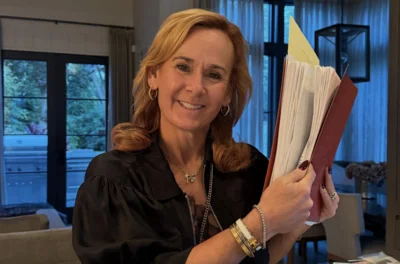State Senator Seth Lewis | Illinois General Assembly
State Senator Seth Lewis | Illinois General Assembly
State Senator Seth Lewis (R-Bartlett) is pushing for legislation that would incentivize businesses to stay in Illinois. His proposed Senate Bill 2075 introduces a "legacy tax credit" for businesses that have chosen to locate and remain headquartered in the state. The tax credit would amount to $100 for each year the business has been based in Illinois.
"Illinois is located in the heart of the United States and we have so much to offer. Our state is a major transportation hub, we have a highly skilled workforce, and we are home to top-tier institutions of education," said Senator Lewis. "We are within striking distance of greatness, and while we need to do everything we can to attract new business, we also need to thank those that have located and stayed in Illinois. My legacy tax credit does just that."
Senator Lewis also highlighted that if the tax credit exceeds the taxpayer's liability, the excess funds would be spread out over a maximum of five additional tax years. This provision ensures that businesses can fully benefit from the credit even if their tax liability is lower than the total credit amount.
In addition to the legacy tax credit, SB 2075 includes other provisions aimed at supporting businesses and employees in Illinois. The bill proposes a tax credit of $100 for each employee who has worked for a minimum of six months and is a resident of the state. Furthermore, the legislation offers a collective bargaining tax credit of $25 for each labor union employee who has been with a company for more than six months and resides in Illinois.
Senator Lewis emphasized that his policy agenda is focused on creating an environment that encourages people to stay in Illinois. "By rewarding those businesses and employees that have remained in Illinois despite some challenges, we are making sure they know we appreciate their dedication to making Illinois a great place to live and work."
Senate Bill 2075 has been referred to the Senate Revenue Committee for further consideration.






 Alerts Sign-up
Alerts Sign-up